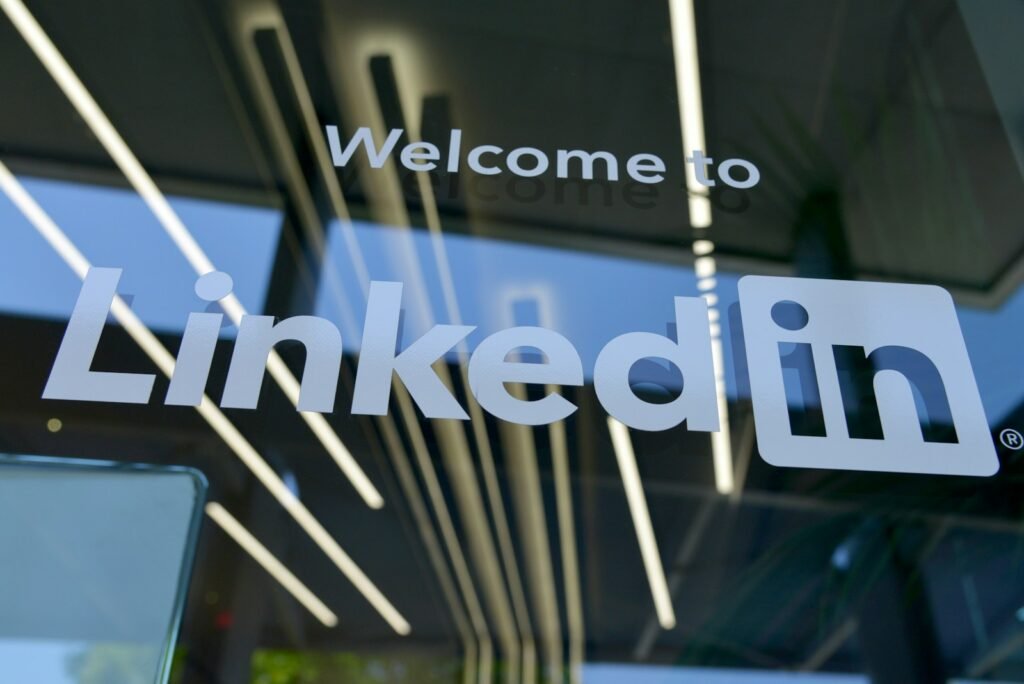You’ve seen the word: “LinkedIn”. It might have been on a friend’s Facebook status as they announced a new job or you might have seen it while reading articles here on MakeUseOf. But what is this social network for professionals actually for?
Could it be that you’re missing out? Is there some small chance that your current aversion to LinkedIn is in detriment to your career?
The bare bones of LinkedIn is that it is a social network that links people by career and industry, rather than by family and friendship. While there may be some overlap (for instance, my oldest school friend is among my LinkedIn contacts, but then again, we work in similar fields) the focus is very different to a social network that you might be more familiar with, such as Facebook.
It’s Not What You Know, But Who
You’ve probably heard the saying above, and LinkedIn could be described as the 21st century incarnation of that very phrase. As well as helping you to find a job in the traditional way, LinkedIn can be used to almost walk into a new role – assuming you have the right people in your circles. Even if you don’t, the website lists current jobs that are relevant to your skills, something you can add to your profile along with your resume to make the site relevant to you.
Companies Use LinkedIn Too
Companies of all sizes have LinkedIn pages, a useful presence that enables you to spend some time researching a potential position. It’s 2013 – there’s no way anyone should be going for a job interview without knowing something about the business they’re hoping to join! Similarly, you can check personnel at potential employers.
Get The Latest News That Matters
LinkedIn, is actually a really interesting place to be a part of. While other social networks become littered with memes and cat pictures, LinkedIn continues on the whole to be a model of professionalism, with a news feed in which you can share relevant updates and see what your contacts have been up to.
Recommendations & Endorsements
There’s also the recommendations system, in which you can give references to your contacts. A more compact version is the endorsements tool, where you can confirm whether a particular member of your network is skilled as described. Recommendations and endorsements are both two-way, and using them usually results in those you have supported returning the compliment.
Reach Out And Collaborate
LinkedIn offers a useful messaging service that you can use to communicate with people in your network. You can, of course, find people who aren’t currently connected to you and bring them into your network, but perhaps most useful of all is the groups facility. Here, likeminded professionals can talk about their projects, find others to collaborate with and generally talk shop.
How I Transitioned From MakeUseOf to Printed Magazines With LinkedIn
LinkedIn has proved particularly useful for me in the past few years. After going freelance fulltime in 2010 one of the first things I did was to make time in my schedule to update my LinkedIn profile, with an aim to building a good network of relevant contacts and keeping my resume up-to-date.
This approach has worked for me in three ways.
First, it helped that I was able to direct people to my LinkedIn page to check my resume. This resulted in at least one role with a technology news and reviews website (not this one, I hasten to add!)
Second, I was able to build links that enabled me to develop various personal projects of the kind that have a good chance of making money (this is a common approach for many freelancers).
Third, and most pertinent, I think, my LinkedIn profile helped me to get noticed by the publishers of Android Magazine in the UK, earlier this year. As a result of this I’ve been fortunate enough to contribute to that publication and a couple of one-offs.
Now, I’m not saying that any of these things will happen to you – but for just a few minutes a week you can improve your chances.
Looking For Work? Use LinkedIn!
You can find a new job, switch careers and meet people to collaborate with on LinkedIn. The service provides a public profile that can be shared in emails enquiring about jobs, added to your email signature and even your business card.
In many ways, LinkedIn is the most powerful tool in your arsenal when looking for a job. Although it isn’t ideal for all industries, it certainly covers the bases in the vast majority of them.
The beauty of this service, however, is that it can be used for much more than just finding work. Like a conference or a seminar, the communication options on offer will help you to network, impress people and be kept in mind for future opportunities.
